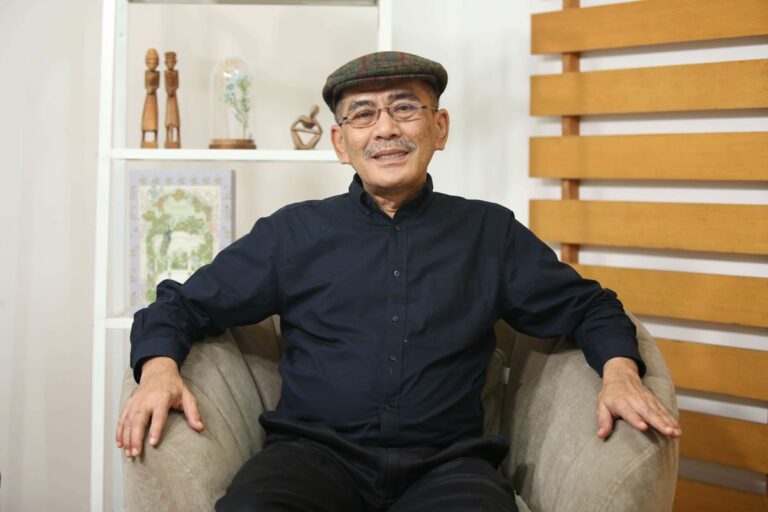Faisal Basri, born on November 6, 1959, was a prominent Indonesian economist, academic, and public intellectual. Over the course of his life, he made significant contributions to Indonesia’s economic discourse and was widely known for his critical stance on government policies. His influence extended beyond the world of academia, shaping public policy and governance in key sectors, including oil and gas. He was a man who not only excelled in economic analysis but also took on various leadership roles aimed at improving the transparency and efficiency of Indonesia’s economic systems. His passing on September 5, 2024, at the age of 64, left a void in the economic and political landscape of Indonesia.
The significance of Faisal Basri’s contributions to the Indonesian economy and public policy cannot be overstated. As one of the founding members of the Institute for Development of Economics and Finance (INDEF), he provided an independent voice that often challenged conventional wisdom and the actions of those in power. Faisal’s commitment to addressing corruption and inefficiencies, particularly in the oil and gas sector, showcased his dedication to creating a more transparent and just economic system in Indonesia. His outspoken criticism of government policies, often rooted in his concern for the welfare of the Indonesian people, earned him both respect and notoriety in political and academic circles.
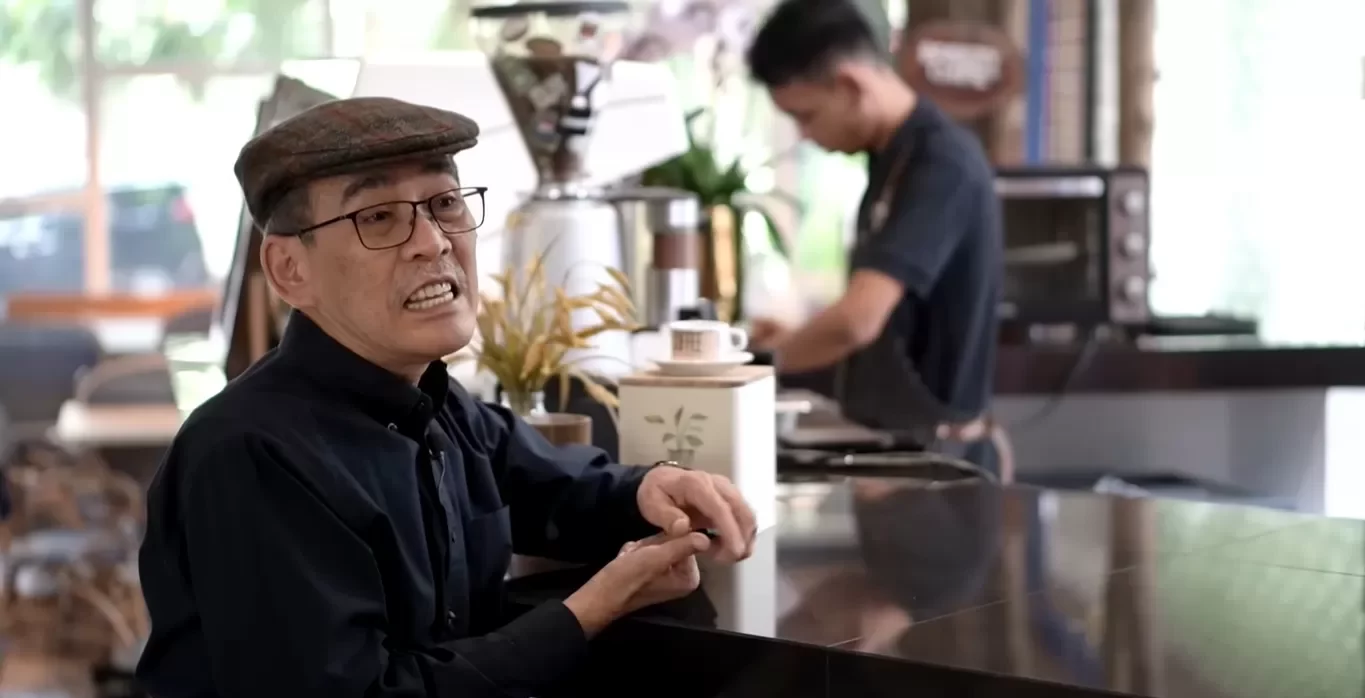
Early Life and Background
Faisal Basri was born into a family that valued education and public service. He grew up in Indonesia during a period of significant political and economic change. Indonesia, having gained its independence from Dutch colonial rule in 1949, was navigating through the early stages of nation-building and economic development during Faisal’s formative years. His family played a crucial role in shaping his values, particularly his commitment to public service and social justice.
Faisal was a diligent student from a young age, and his keen interest in economics began to develop during his school years. He pursued his higher education at the University of Indonesia (UI), where he studied economics, laying the foundation for what would become a remarkable career. His academic brilliance was apparent early on, and he was quickly recognized as a thought leader among his peers and professors. Faisal’s time at UI was instrumental in refining his critical thinking and understanding of the complex relationship between government policies and the economy. His education wasn’t confined to Indonesia; Faisal also participated in various international academic programs, which broadened his perspective on global economic issues.
Throughout his education, Faisal was influenced by several key figures, including his professors and international economic scholars, who inspired him to think critically about Indonesia’s place in the global economy. The teachings of these mentors, combined with Faisal’s own experiences growing up in a developing nation, shaped his worldview and his commitment to economic justice. His passion for creating a more equitable economic system for all Indonesians would later define much of his work.
Career Highlights and Contributions to the Field
Faisal Basri’s career was marked by several key milestones, each contributing significantly to Indonesia’s economic and public policy landscape. One of his most notable achievements was co-founding the Institute for Development of Economics and Finance (INDEF) in 1995. INDEF became a leading think tank that provided independent and data-driven economic analysis on various issues affecting Indonesia. The institute played a crucial role in advising government policies, especially during periods of economic turbulence. Under Faisal’s leadership, INDEF became a trusted voice in Indonesian economics, offering analysis that often countered government narratives and advocated for more people-centred economic policies.
In addition to his work with INDEF, Faisal held several prominent positions within the Indonesian government and international organizations. Between 1985 and 1987, he was part of the World Economic Development Team under the Coordinating Minister for Economic Affairs and Business, a prestigious role that allowed him to influence Indonesia’s economic development strategies. His work during this period was focused on economic policy that could foster sustainable growth in a rapidly changing global economy. His insights were particularly valuable as Indonesia sought to modernize its economy and improve its standing in the international community.
Faisal’s expertise also led to his appointment as a member of the President’s Economic Assistance Team in 2000. This team was tasked with providing strategic economic advice to the Indonesian government during a period of economic instability following the Asian Financial Crisis of the late 1990s. Faisal’s critical thinking and data-driven approach were vital in helping Indonesia navigate this challenging period, which had significant implications for the country’s financial systems and its international economic relationships.
One of Faisal’s most significant contributions came in 2014 when he was appointed head of the Oil and Gas Governance Reform Team. This role put Faisal at the forefront of efforts to improve transparency and efficiency in Indonesia’s oil and gas sector, a key component of the national economy. Corruption and inefficiencies had long plagued the sector, and Faisal was tasked with leading a team that would provide recommendations to address these issues. Over six months, Faisal and his team conducted an in-depth review of the upstream oil and gas sector, ultimately providing a series of recommendations aimed at preventing mafia practices and improving energy governance. This role solidified Faisal’s reputation as a reformer, willing to tackle entrenched interests in the name of transparency and good governance.
Faisal also ventured into politics. In 2012, he ran as an independent candidate for the Governor of Jakarta, teaming up with Biem Benyamin as his running mate. Although they failed to advance to the second round of the election, this experience demonstrated Faisal’s commitment to bringing about political and economic change from within the system. His independent campaign was a reflection of his belief in public service and his desire to create a government that worked for the people rather than entrenched political elites.
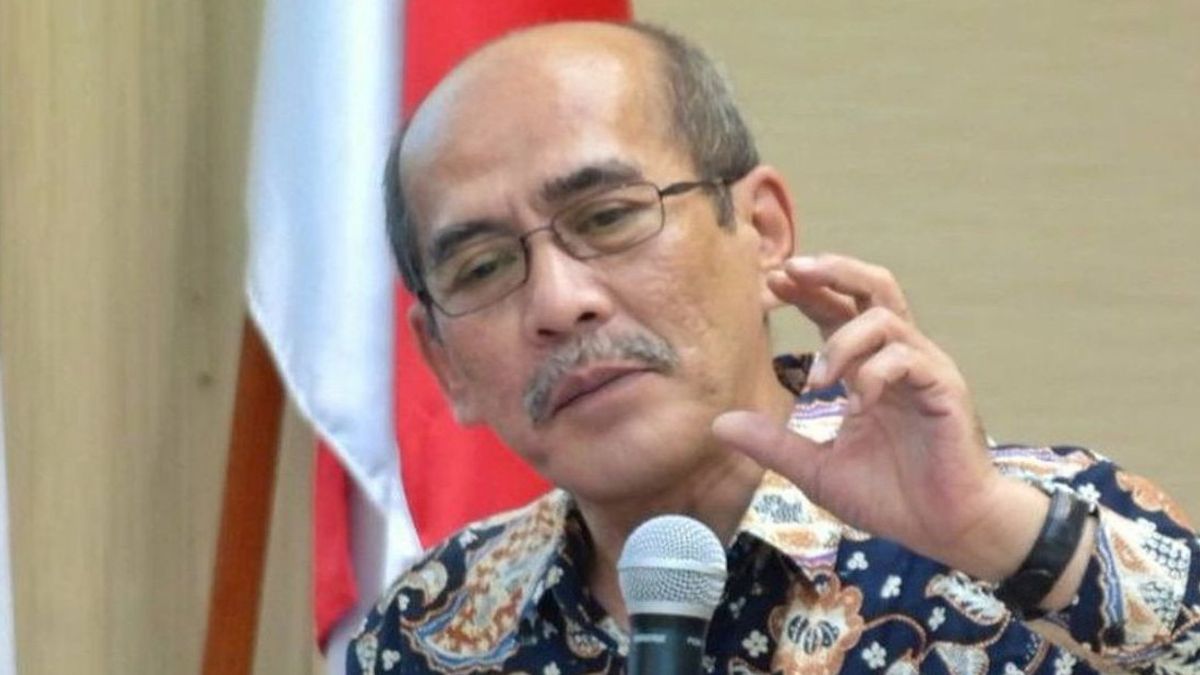
Personal Life, Challenges, and Controversies
Despite his public persona as a critical economist and reformer, Faisal Basri was known among friends and colleagues as a warm and principled individual. He valued personal relationships and was known to mentor young economists and students who sought his advice. While he kept much of his personal life private, Faisal’s family played a central role in his life. He was married, and together with his wife, they raised children who shared their father’s passion for learning and critical thinking.
Faisal’s outspoken nature and critical stance on government policies often placed him at the centre of controversies. Throughout his career, he did not shy away from criticizing policies that he felt were detrimental to Indonesia’s economic well-being, regardless of which political party was in power. This made him a target of criticism from those who felt his opinions were too harsh or misaligned with government priorities. However, Faisal remained undeterred, continuing to speak out on issues he believed were important for the future of the country.
One of the more controversial moments in Faisal’s career came when he criticized the government’s decision to import rice in response to the El Niño phenomenon. He argued that the data did not support a significant decline in food production and accused the government of using the narrative for electoral purposes. This bold accusation sparked debate within political circles and the public, with many supporting his stance while others questioned his motives. Despite the controversy, Faisal’s commitment to transparency and data-driven analysis remained unwavering.
Circumstances Surrounding His Death
Faisal Basri passed away on September 5, 2024, at the age of 64, at Mayapada Hospital in Kuningan, South Jakarta. His death came as a shock to many, as he had remained an active voice in public debates until shortly before his passing. According to official reports, Faisal had been battling health issues for some time, though he kept much of his struggle out of the public eye. It was revealed that Faisal had been undergoing treatment for a serious illness, but he had chosen to continue working and contributing to public discourse until his condition worsened.
News of Faisal’s death was met with an outpouring of grief and tributes from across Indonesia. Chatib Basri, a close friend and former Minister of Finance, confirmed Faisal’s passing on social media, expressing his deep sadness and calling it a great loss for the country. Many others echoed this sentiment, noting that Indonesia had lost one of its most brilliant and principled economists.
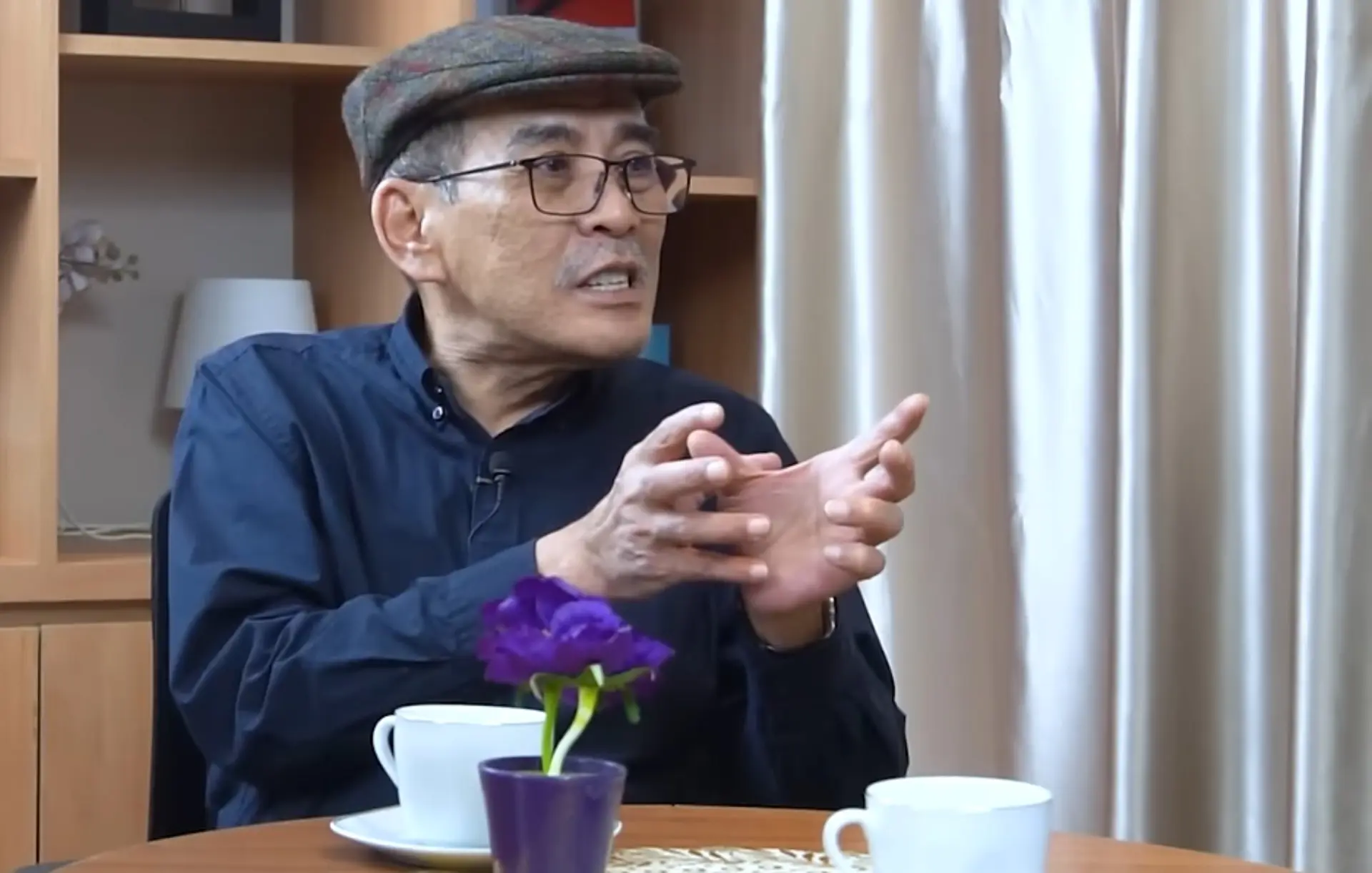
Net Worth and Financial Legacy
At the time of his death, Faisal Basri’s net worth was estimated to be modest compared to other public figures. Throughout his life, Faisal had eschewed the pursuit of wealth, instead focusing on his academic and public service careers. However, his financial legacy was significant in other ways. Faisal’s work in improving the governance of key sectors like oil and gas had far-reaching economic implications, saving the Indonesian government millions of dollars by reducing corruption and inefficiencies.
Faisal’s financial legacy was managed with transparency, in keeping with his values. He was known for living a simple and modest life, prioritizing intellectual and social contributions over personal financial gain. His family, who shared his principles, managed his estate with the same sense of responsibility that Faisal had exhibited throughout his life.
Legacy and Impact of His Death
The death of Faisal Basri was a significant loss not only to the field of economics but to Indonesian society as a whole. His critical voice, unwavering principles, and dedication to reform had long been a guiding force in public discourse. Although he was never afraid to challenge the status quo, his arguments were always rooted in data and a deep understanding of the socio-economic challenges facing Indonesia. This thoughtful, principled stance made him a respected figure, even among those who disagreed with him.
The public response to Faisal’s passing was immediate and overwhelming. Tributes poured in from across the political spectrum, demonstrating the breadth of his influence. Colleagues, students, government officials, and ordinary Indonesians alike expressed their admiration for his integrity and dedication to his country. His ability to bridge the gap between academic theory and real-world policy application earned him the respect of both the academic community and policymakers. Faisal’s work, particularly in promoting transparency in the oil and gas sector and challenging entrenched corruption, was frequently highlighted as some of his most significant contributions.
In the days following his death, numerous public figures and organizations issued statements reflecting on his legacy. The Institute for Development of Economics and Finance (INDEF), which Faisal co-founded, released a statement honoring his role as a mentor, visionary, and leader. INDEF’s continued prominence as a respected think tank owes much to Faisal’s intellectual foundation and leadership. His former colleagues at INDEF also pledged to continue his work on reform and transparency, keeping his spirit alive in the fight against corruption and inefficiency in Indonesia’s public sector.
Universities across Indonesia held seminars and discussions reflecting on Faisal’s contributions to economics and public policy. Many economists, both in Indonesia and abroad, paid homage to his work, noting that his analytical approach and courage in speaking out would continue to serve as a model for future generations. Some of these seminars focused on the implications of his work on Indonesia’s development and how his legacy could shape future economic policy decisions.
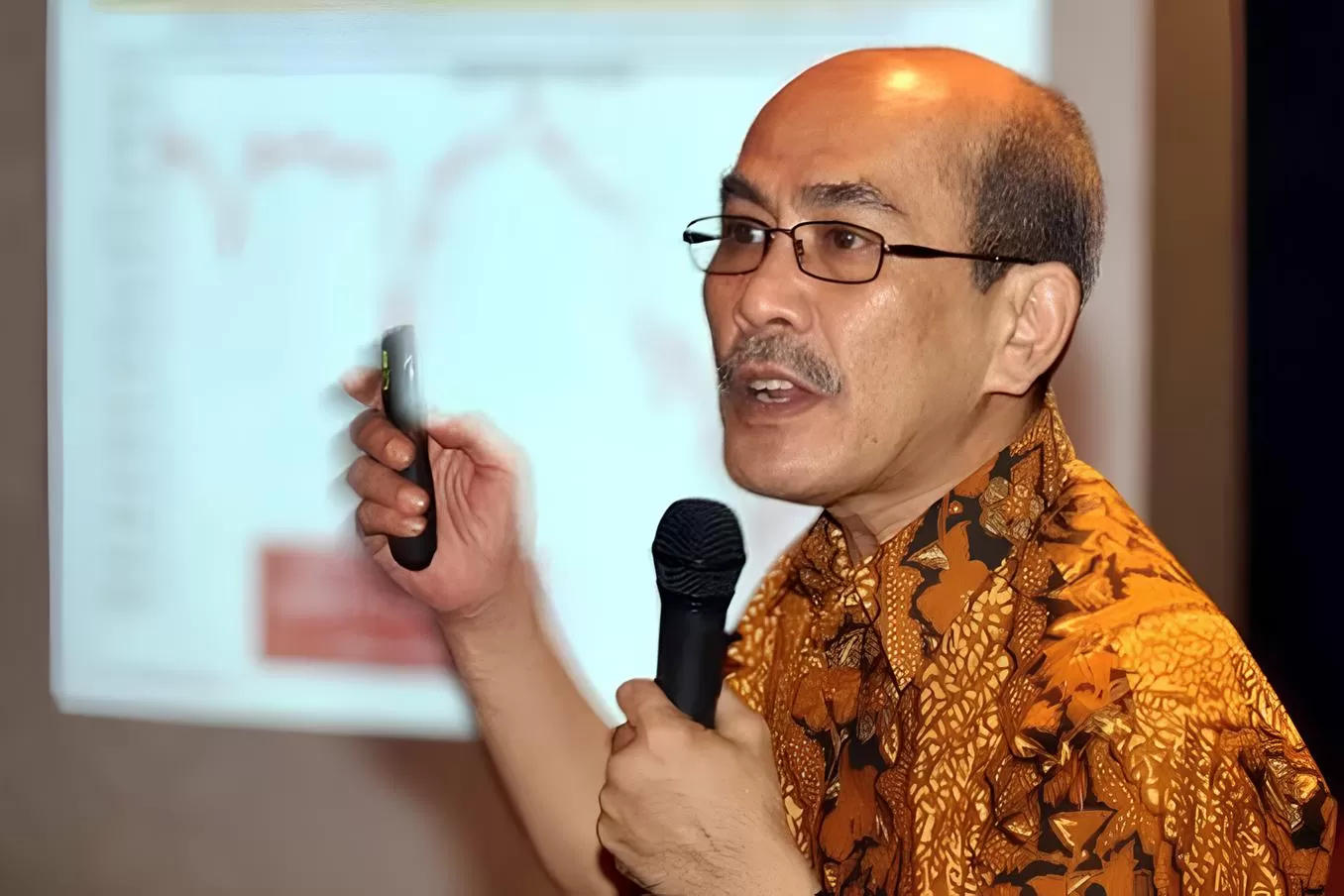
A Critical Voice in Public Policy
One of Faisal Basri’s most enduring contributions to Indonesia’s public life was his role as a critical and independent voice in economic and political matters. Throughout his career, he demonstrated an unwavering commitment to transparency, good governance, and the public interest, often standing against powerful forces that sought to maintain the status quo. This courage to challenge authority earned him both respect and criticism but ensured that his voice was always heard.
Faisal’s critiques were not limited to any one political party or government. Whether it was during the Suharto regime, the post-reform governments, or more recent administrations, Faisal consistently prioritized the interests of the Indonesian people over political loyalties. His critiques of government policies, particularly those related to economic management, were always grounded in his expertise as an economist. He believed that poor economic policies often disproportionately harmed the most vulnerable in society, and he saw it as his duty to speak out against such policies.
One of the hallmarks of Faisal’s approach was his reliance on data and rigorous analysis to back up his arguments. He believed in the power of facts to reveal the truth and to guide policymakers toward better decisions. This data-driven approach earned him a reputation as one of Indonesia’s most reliable economic commentators, and his opinions were frequently sought by both the media and policymakers.
However, Faisal was more than just a critic. He also offered solutions. His involvement in policy-making processes, particularly in his role as head of the Oil and Gas Governance Reform Team, demonstrated his ability to not only identify problems but also to propose practical and effective reforms. His recommendations, such as increasing transparency in the oil and gas sector and curbing the influence of the so-called “oil and gas mafia,” were seen as essential steps toward improving governance and ensuring that Indonesia’s vast natural resources were used for the benefit of the many, not the few.
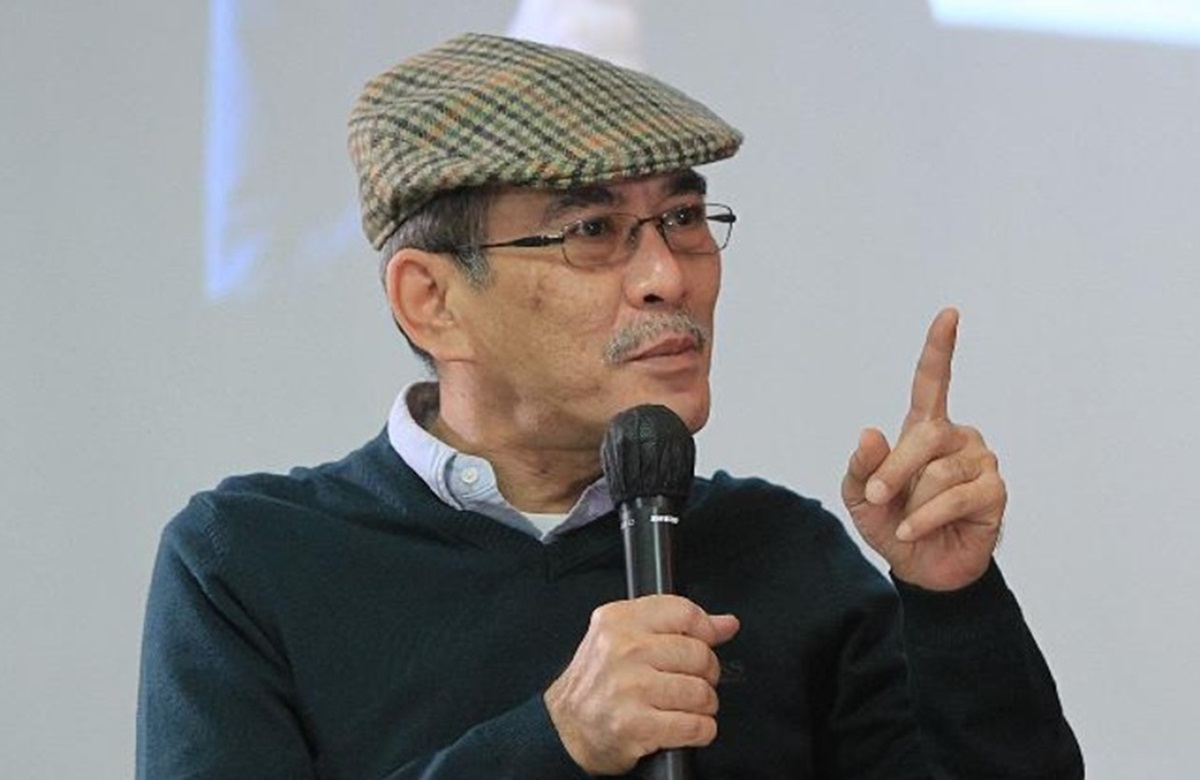
Continuing His Legacy of Reform
Faisal Basri’s legacy is most deeply felt in the ongoing efforts to reform Indonesia’s economy, particularly in sectors that are vulnerable to corruption and inefficiency. His leadership of the Oil and Gas Governance Reform Team in 2014, which provided recommendations to prevent corrupt practices and improve transparency, remains one of his most impactful achievements. Even after his passing, these recommendations continue to shape debates on how best to manage Indonesia’s vast natural resources in a way that benefits the public.
Faisal’s emphasis on good governance and transparency in the oil and gas sector was part of a broader commitment to economic reform. Throughout his career, he was a vocal advocate for policies that promoted social justice and reduced economic inequality. He believed that economic growth should benefit all Indonesians, not just the wealthy or well-connected. His critiques of government policies that he felt disproportionately harmed the poor were always framed within this broader vision of economic fairness.
Many of Faisal’s recommendations have been adopted over the years, though some challenges remain. Corruption in Indonesia, particularly in sectors like oil and gas, has long been a significant issue, and while Faisal made great strides in addressing these problems, there is still much work to be done. In this sense, his legacy continues to inspire those who are working toward a more transparent and just economic system.
The influence of Faisal’s ideas can also be seen in the way economic policy is debated in Indonesia. He helped create a space for independent, critical voices to contribute to the policy-making process, and his work with INDEF provided a model for how think tanks and academics could influence government policy through rigorous analysis and advocacy. In the years since its founding, INDEF has become one of the most respected economic research institutions in Indonesia, and it continues to play a crucial role in shaping economic policy debates. Faisal’s legacy as a founding member of this institution will endure for many years to come.
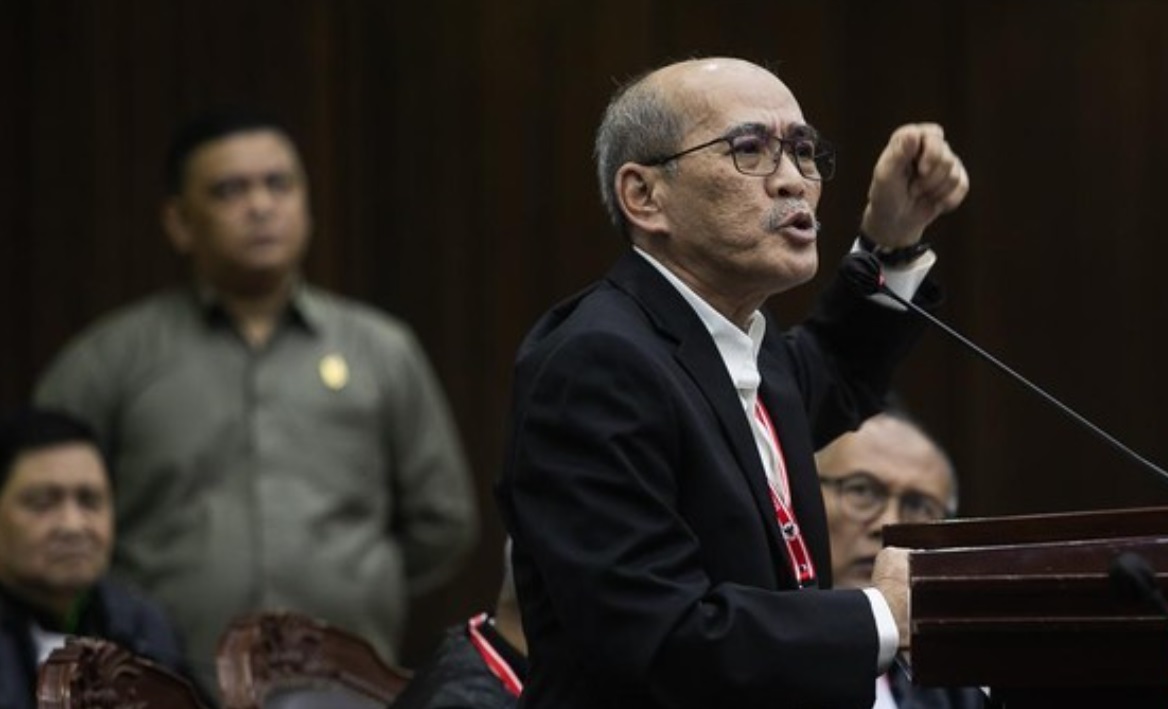
Personal and Professional Relationships
Throughout his life, Faisal Basri maintained close relationships with a number of prominent figures in Indonesia’s political and academic circles. His friendship with Chatib Basri, another highly respected economist and former Minister of Finance, was particularly notable. The two men shared not only a professional connection but also a personal bond, and Chatib was one of the first to announce Faisal’s passing on social media, calling it a great loss for the country.
Faisal was also known as a mentor to many young economists and students. His willingness to share his knowledge and experience with the next generation of thinkers was one of his most admirable traits. He believed deeply in the importance of education and intellectual development, and he often took time out of his busy schedule to teach, lecture, and provide guidance to those who sought his advice. Many of the students he mentored went on to become influential figures in their own right, and they often credit Faisal for helping to shape their intellectual development.
At the University of Indonesia, where he spent much of his career, Faisal was seen as a beloved figure. His students frequently spoke of his engaging teaching style, his deep knowledge of economics, and his passion for using economics to solve real-world problems. Even outside of the classroom, Faisal was known for his generosity with his time and his willingness to engage in discussions on a wide range of topics, from economics and politics to culture and philosophy.
In the public sphere, Faisal’s relationships with political figures were often marked by both collaboration and conflict. He worked with multiple administrations, providing his expertise on economic issues, but he also did not hesitate to criticize policies he believed were misguided. His relationship with the government was thus a complex one—on the one hand, he was seen as a trusted advisor; on the other, he was often a thorn in the side of those who favoured more expedient or less transparent policies.
Despite the challenges and controversies that came with being such a critical public figure, Faisal was widely respected for his integrity and commitment to the public good. Even those who disagreed with his positions acknowledged that his critiques were always made in the interest of better governance and a more just society.
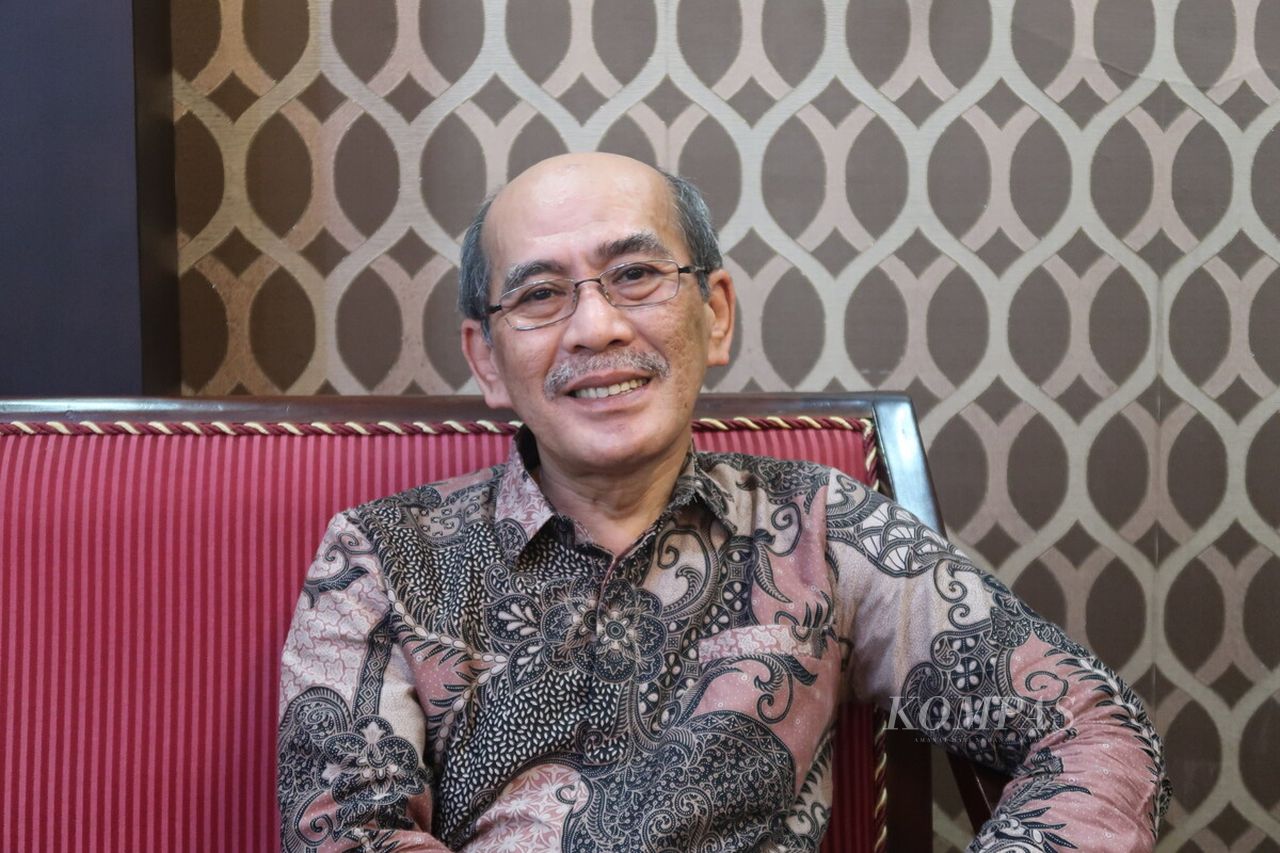
Ongoing Tributes and Discussions
Since Faisal Basri’s passing, numerous tributes have been made in his honour. Academic institutions think tanks, and media outlets have organized discussions and seminars to explore the ongoing relevance of Faisal’s work. These events often focus on the key themes that defined Faisal’s career: transparency in government, economic justice, and the role of independent thought in shaping public policy.
Several scholarships and research grants have also been established in Faisal’s name, aimed at supporting young economists who share his commitment to public service and reform. These initiatives ensure that Faisal’s legacy will continue to inspire future generations of economists and public policy experts, keeping his vision of a more just and transparent Indonesia alive.
There has also been discussion of naming public spaces or institutions after Faisal Basri, as a way of permanently commemorating his contributions to Indonesian society. Whether or not such initiatives come to fruition, Faisal’s legacy is already deeply embedded in the institutions and public debates he helped shape over his lifetime.
Faisal Basri’s life was dedicated to the betterment of his country. As an economist, reformer, and public intellectual, he worked tirelessly to create a more transparent, just, and equitable Indonesia. His willingness to challenge authority, his commitment to data-driven analysis, and his passion for public service set him apart as one of Indonesia’s most influential figures. His work on economic reform, particularly in the oil and gas sector, will have a lasting impact on Indonesia’s development, and his contributions to public discourse will continue to inspire future generations.
Faisal’s death marked the end of a remarkable life, but his ideas and values will continue to shape Indonesia for many years to come. In an era when public trust in institutions is often in decline, Faisal Basri’s life serves as a reminder of the importance of integrity, transparency, and the relentless pursuit of the public good. His legacy is not just one of economic reform but of a deeper belief in the power of critical thought and principled action to create a better society.
